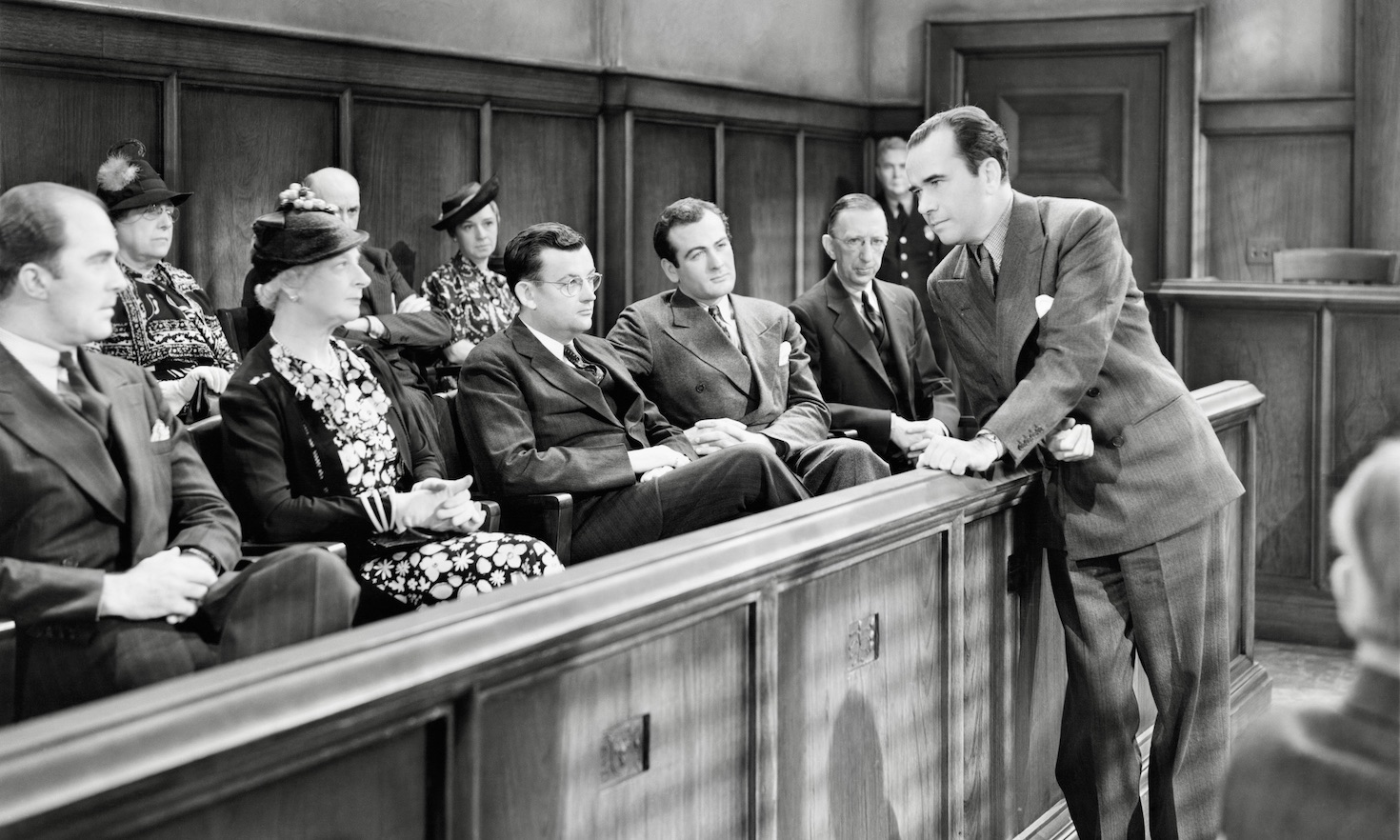The Hidden Power of Insurance Companies in Courtrooms
Many people are unaware that insurance companies routinely hire highly skilled and well-compensated experts to testify against personal injury victims in court. While seasoned trial attorneys understand these tactics, jurors—drawn from the general public—often do not realize the extent of this practice. As a result, victims who have suffered serious injuries frequently find themselves facing a panel of “hired gun” experts whose primary job is to cast doubt on the severity of their injuries.
How Jurors Are Influenced by “Expert” Witnesses
These insurance company experts often appear credible and persuasive, which can heavily sway jurors during deliberations. Their testimony creates a smokescreen that minimizes the victim’s suffering in the eyes of the jury. Since these experts are paid generously for their services, they are incentivized to deliver testimony that benefits insurance companies, ensuring a steady stream of income for themselves while undermining the victim’s claim.
The Challenges Victims Face in Seeking Justice
Although the law provides the right to compensation for medical expenses, lost wages, and pain and suffering, securing this compensation can be incredibly challenging. Victims often struggle to find lawyers willing to invest the significant resources needed to match the expert witnesses employed by insurance companies. Without legal representation equipped to counter these tactics, many victims find it nearly impossible to secure the compensation they deserve.
The Disparity in Jury Decision-Making
Personal injury victims face an uphill battle in the courtroom. To win a favorable verdict, they must convince at least nine out of twelve jurors, while the defense only needs four jurors to secure a verdict in favor of the insurance company. Unfortunately, many jurors are influenced by the misconception that personal injury lawsuits are driven by financial greed. Ironically, these same jurors could one day find themselves in the position of needing to pursue a personal injury claim, only to face the same skepticism they once held toward others.
Disclaimer: The legal information presented on this page should not be considered as legal advice.

